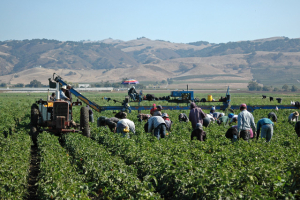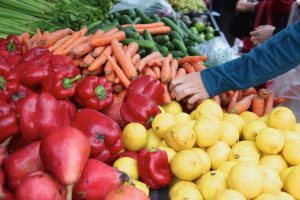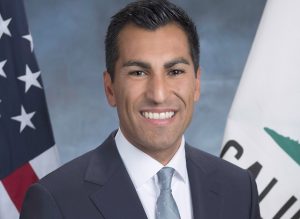ROC President: Food Movement Unites Unlikely Allies
June 15, 2010 Michael R. DimockMichael Pollan’s latest article, “The Food Movement, Rising” in the New York Review of Books, is well worth careful reading. He offers both an overview of the movement’s evolution and musings on its possibilities. He suggests that the food movement could become a political force of profound influence.
As he clarifies, the context is perfect. The growing sophistication of reform organizations regarding the nuance and necessities of making change indicates more unity within the movement. The impulse to reconstitute a sense of community and viable regional economies is evident in the young adults who are often forced to be nomadic. They are underemployed and deeply concerned about their futures.
They will push the political convergence of food, health, community and economics. Perhaps most importantly, the food movement’s critique contains issues that unite some conservatives and progressives. We have a chance to overcome stifling polarization. Based on my experience with Roots of Change (ROC), I concur with Pollan on all these points.
Farmers and ranchers cannot change much without changes in food manufacturing, food service, and retail. ROC’s projects are knitting together right and left, rural and urban to take on the whole system. We help align farmers with advocates for economic and racial justice, environmental quality, healthy food and regional economic vitality. From the help of our partner Ag Innovations, we work with farmers and advocates in San Diego, Los Angeles, Ventura, Santa Barbara, Fresno, Monterey, Sacramento and the Bay Areato tackle complex challenges. Everyone agrees that much scientific research and innovation are still needed, meaning more public and private investment in food and agriculture. A broad coalition is emerging around the idea that 21st Century food and farms cannot be achieved without much smarter regulations, stewardship incentive programs that make operational agro-ecological thinking, regional food production and distribution networks; and more public understanding of farms and ranches. In my experience there are some win-win scenarios. What do you think? Let ROC know.



